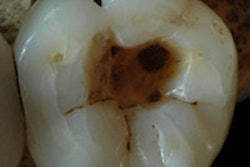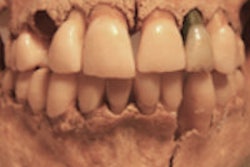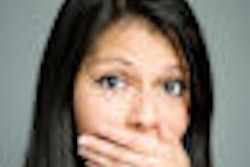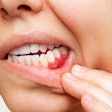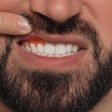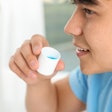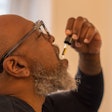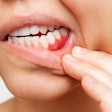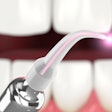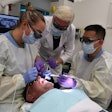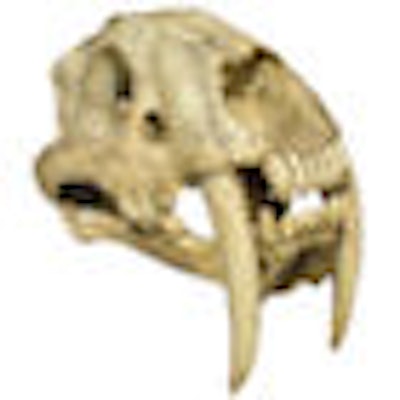
Long ago, when mastodons marched and saber-tooth tigers prowled, human beings rarely got cavities. Evidence from prehistoric human teeth suggests that a low-sugar diet deprived Streptococcus mutans and other acid-producing bacteria of the raw material they needed to wreak havoc.
But what about periodontitis? Scholars are still debating the relationship of food to this common and perplexing problem. So when Swiss National Television proposed a reality show in which 10 people would live on a Stone Age diet -- and not brush their teeth for four weeks -- researchers at the Universities of Bern and Zürich jumped at the chance to study their teeth.
The Journal of Periodontology published the surprising results in May 2009 (Vol. 80:5, pp. 759-68). Although the subjects developed a lot more plaque, they actually had less bleeding on probing and pocket depth.
"This is fascinating," said Rutger Persson, D.D.S., Ph.D., a professor of periodontology and microbiology at the University of Bern. "While we periodontists have focused on mechanical cleaning in frustration, we have completely forgotten the role of feeding bacteria and [the] anti-inflammatory properties of some diets."
But the short length and small number of subjects in the study left at least one observer skeptical. "I don't think it tells us anything," said Michael Rethman, D.D.S., M.S., past president of the American Academy of Periodontology and an adjunct faculty member at the University of Maryland.
If nothing else, the experiment was entertaining. For a month, Swiss TV viewers of "The Lake Dwellers of Pfyn" got to watch two families of four, plus a couple of bachelors, as they lived a Stone Age life. The families ate, wore clothing, used tools, lived in dwellings, and generally tried to spend their time the way people did on the shores of the lake 5,700 years ago.
Project organizers provided store houses with grains such as barley and emmer (a type of wheat), wild fruits, nuts, herbs, mushrooms, honey, salt and dried meats. The participants also caught fish and gathered some of their own wild foods. Bow hunting is now illegal in Switzerland, so professional hunters killed animals that the participants prepared.
The participants had no toothbrushes, toothpaste, or floss -- nor did they get any advice on Paleolithic hygiene -- but they were allowed to pick or scrape with whatever twigs they could find. As a consequence, the researchers expected their periodontal health to decline.
In fact, the subjects' plaque levels did increase, from 0.68 to 1.47 on the Silness-Löe Plaque Index. But actually signs of harm mostly went in the other direction. Bleeding on probing decreased from an average of 34.8% to 12.6%. Probing pocket depth decreased a mean of 0.2 mm (p < 0.001). And, despite the small number of subjects, all these changes were statistically significant (p < 0.001). (On the Silness and Löe Gingival Index, the subjects experienced an increase from 0.38 to 0.43, but this was not statistically significant.)
The bacteria population in their mouths changed as well. The overall trend was toward an increase, but not necessarily of the type that cause caries or periodontitis.
The researchers attributed the participants' good periodontal health to their diet. They cited other studies showing the periodontal benefits of a low-sugar diet, and hypothesized that antibacterial compounds in honey and anti-inflammatory compounds in various plant foods had benefited the participants.
Over the four weeks, the participants lost about 5-7 pounds each, and their blood pressure declined.
"Diet restriction with abstinence of oral hygiene does not result in increased gingival inflammation but in increases of bacterial counts in subgingival samples and in decreases of bacterial counts in samples from the tongue," the researchers concluded.
But Dr. Rethman wouldn't go that far. "There's really not a lot of linkage between diet and periodontal health," he said. "It's a stretch for them to say that these people were not eating much sugar and so their gingival bacteria went down."
Copyright © 2009 DrBicuspid.com




